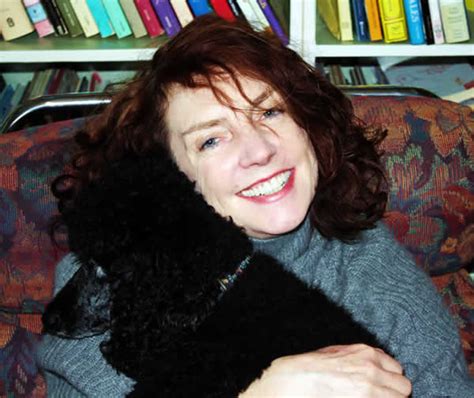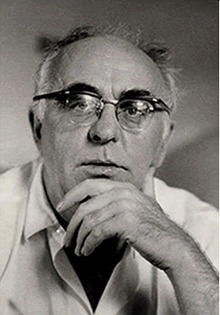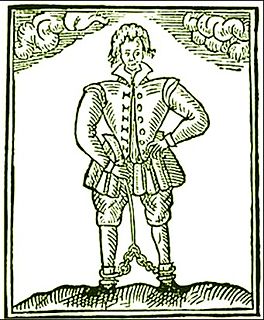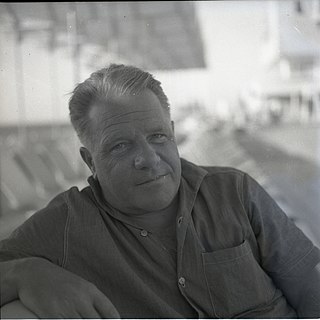A Quote by Maxine Kumin
One way of ending the poem is to turn it back on itself, like a serpent with its tail in its mouth.
Related Quotes
Sometimes the serpent is represented as a circle eating its own tail. That’s an image of life. Life sheds one generation after another, to be born again. The serpent represents immortal energy and consciousness engaged in the field of time, constantly throwing off death and being born again. There is something tremendously terrifying about life when you look at it that way. And so the serpent carries in itself the sense of both the fascination and the terror of life.
Before our globe had become egg-shaped or round it was a long trail of cosmic dust or fire-mist, moving and writhing like a serpent. This, say the explanations, was the Spirit of God moving on the chaos until its breath had incubated cosmic matter and made it assume the annular shape of a serpent with its tail in its month--emblem of eternity in its spiritual and of our world in its physical sense.
The subject of the poem usually dictates the rhythm or the rhyme and its form. Sometimes, when you finish the poem and you think the poem is finished, the poem says, "You're not finished with me yet," and you have to go back and revise, and you may have another poem altogether. It has its own life to live.
You say I have the most wicked face of any woman. You say my hair is like the serpent locks of Medusa, that my eyes have the cruel cunning of Borgia, that my mouth is the mouth of the sinister scheming Delilah, that my hands are like the talons of a Circe or the blood-bathing Elizabeth Bathory. And then you ask me of my soul—you wish to know if it is reflected in my face.
Jesus reminds us that the good life combines the toughness of the serpent and the tenderness of the dove. To have serpent-like qualities devoid of dovelike qualities is to be passionless, mean, and selfish. To have dovelike without serpent-like qualities is to be sentimental, anemic and aimless. We must combine strongly marked antitheses.
It was early on in 1965 when I wrote some of my first poems. I sent a poem to 'Harper's' magazine because they paid a dollar a line. I had an eighteen-line poem, and just as I was putting it into the envelope, I stopped and decided to make it a thirty-six-line poem. It seemed like the poem came back the next day: no letter, nothing.
Theology is-- or should be-- a species of poetry,which read quickly or encountered in a hubbub of noise makes no sense. You have to open yourself to a poem with a quiet, receptive mind, in the same way you might listen to a difficult piece of music... If you seize upon a poem and try to extort its meaning before you are ready, it remains opaque. If you bring your own personal agenda to bear upon it, the poem will close upon itself like a clam, because you have denied its unique and separate identity, its inviolate holiness.






































